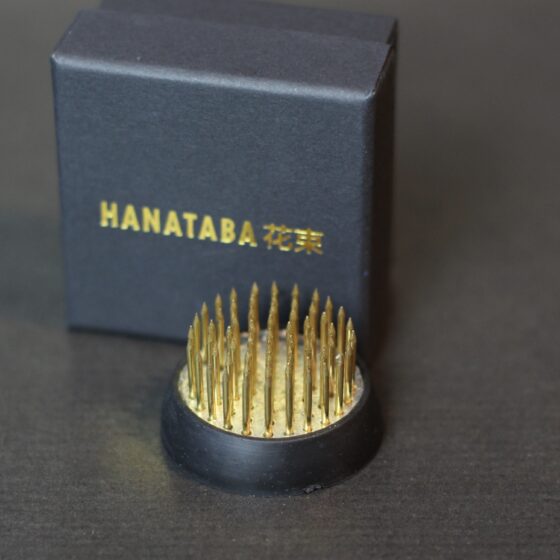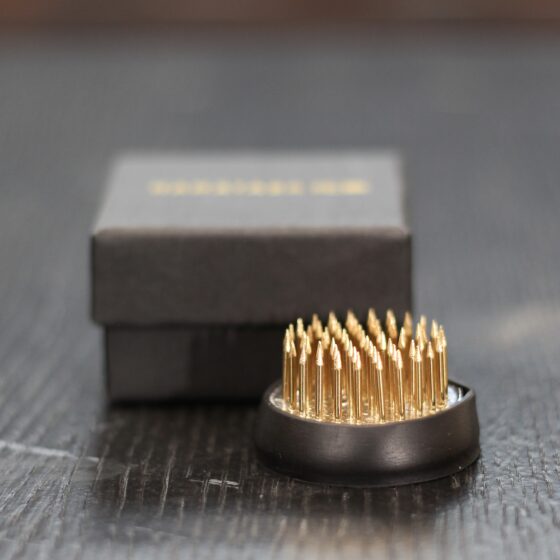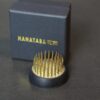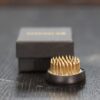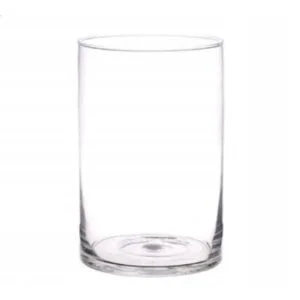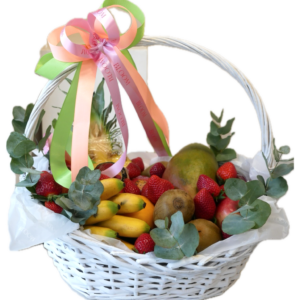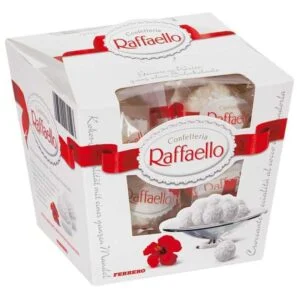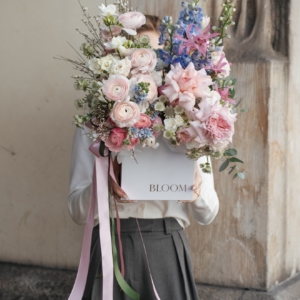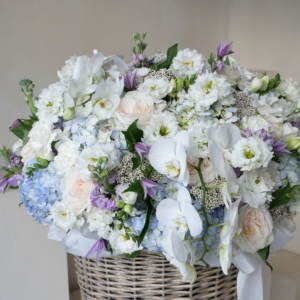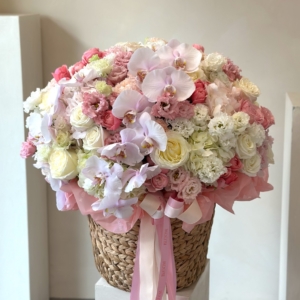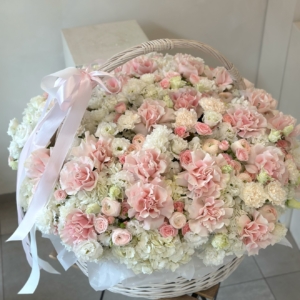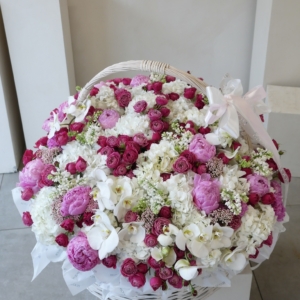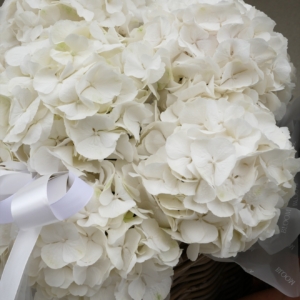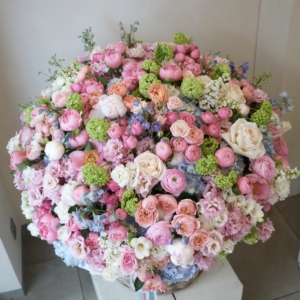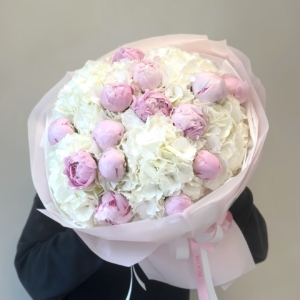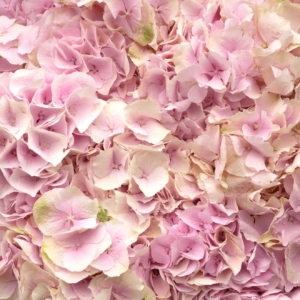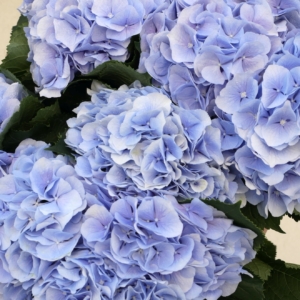Categories:
Complementary Products
see moreVase
65 zł
Socks Flowers
29.90 zł
Cake of the day
24 zł
Macaroons 12 pcs.
105 zł
Teddy bear
59 zł
Macaroons 6 pcs.
59 zł
Fruit Basket
335 zł
Sweets Raffaello
25 zł
A set of balloons 7 szt
115 zł
Branding bag
25 zł
Featured Products
see moreFlowerbox "Tender Touch"
from 275 zł
Flower basket "Serene Garden"
from 545 zł
Flower basket "Soulmate"
from 575 zł
Flower basket "Pastel Dream"
from 575 zł
Flower basket "Raspberry Delight"
from 575 zł
White Hydrangea Bouquet
from 195 zł
Flower basket "Color Harmony"
from 545 zł
Bouquet of Peonies and White Hydrangea
from 275 zł
Pink Hydrangea Bouquet
from 195 zł
Blue Hydrangea Bouquet
from 195 zł
